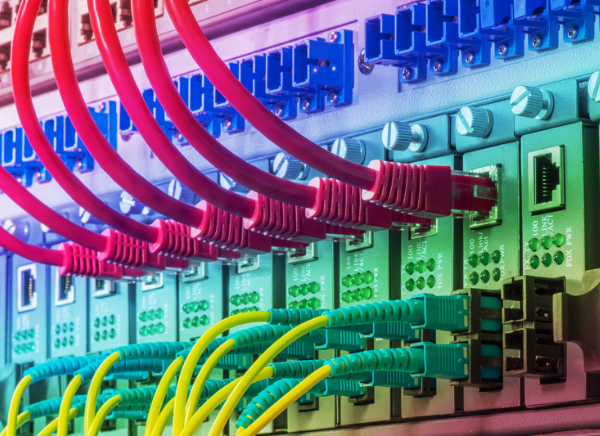
Juniper Networks, a provider of secure, AI-driven networks, published findings indicating that, while sustainable network infrastructure policies are being implemented across the Middle East, there is still a knowledge gap when it comes to understanding the true imperatives, issues, and opportunities of sustainable IT networks.
With the ongoing proliferation of digital transformation across all private and public sectors of industry, the need for networks also continues to increase. However, in line with the overall conclusions around climate change imperatives highlighted by the recent COP27 conference, network infrastructure must be built and operated responsibly to minimise power and space consumption as organisations in the Middle East and globally shoulder the need to reduce carbon emissions c.
Juniper Networks partnered with Vanson Bourne to conduct a survey of 650 IT decision makers (ITDMs) and 1,200 office workers across EMEA to gauge confidence in sustainable networking transformation within business. Juniper’s “Future of Networking” report found that 83 percent of EMEA ITDMs surveyed work for organisations that have implemented or are currently implementing a sustainable network infrastructure policy. The corresponding figures in the UAE and Saudi Arabia are somewhat higher, at 90 percent and 88 percent respectively. Furthermore, results suggest that support for this transformation will rise even further over the next few years: 86 percent of EMEA ITDMs and office workers agree that they want to see more positive action from their organisation’s leaders regarding IT/networking sustainability in the next two to five years. In Saudi Arabia, 95 percent of ITDMs and office workers want to see more positive action, compared to 91 percent in the United Arab Emirates.
However, while there is consensus between office workers and ITDMs that sustainable networking and infrastructure policies and capabilities are important (85 percent across EMEA, 88 percent in Saudi Arabia, and 92 percent in the UAE agree it’s either ‘extremely important’ or ‘important’), their understanding of the issues and opportunities around sustainability remains fractured. Only 32 percent of EMEA office workers surveyed think their organisation has a thorough understanding of the impact of sustainable IT issues, compared to 46 percent for EMEA ITDMs. On the contrary, Middle Eastern ITDMs and office workers seem more confident about their organisations’ leadership understanding of these issues: 43 percent of Saudi Arabian and 54 percent of UAE office workers, along with 56 percent of Saudi Arabian and 64 percent of UAE ITDMs support the same. This indicates that levels of communication between leadership and the rest of the business on sustainability policies may be somewhat higher in organisations in the Middle East. Additionally, 13 percent of EMEA, but only eight percent of UAE and seven percent of Saudi ITDMs and office workers specifically think their organisation has a poor or even non-existent understanding of the issue.
“The disconnect between leadership and employees when it comes to understanding the importance of sustainable networking highlighted by this research actually offers a unique opportunity for many of our partners and customers that do already operate with sustainability in mind,” said Gos Hein van de Wouw, Vice President of Enterprise, EMEA at Juniper Networks. “In reality, everything from compliance and regulation through to brand perception and user experience – not to mention business profitability and growth – all have sustainability touchpoints and are being shaped by this conversation. Networking technologies underpin everything we do thanks to increasingly pervasive digital transformation, and the environmental impact this has on people, places and the globe must be taken into consideration.”
When it comes to the long-term viability of business, the role of people is just as important as carbon or emissions targets. According to the research commissioned by Juniper Networks, 40 percent of EMEA and 41 percent of UAE respondents agree that their organization is not recruiting for future tech roles, which may include roles and skills related to AI, sustainability, and ESG (environmental, social, and governance) policies, among others. The picture is slightly different in Saudi Arabia, where only 33% of respondents agreed with the same question.
“Recruitment of IT and technology talent that doesn’t factor in sustainability is a missed opportunity,” added Gos Hein van de Wouw. “Talent is a key driver behind not just meeting emissions targets but broadening business perspectives on issues related to diversity, inclusion, transformation and more. With the right mix of people and network infrastructure, organisations can have a positive impact on the planet while pushing forward with digital transformation goals in the pursuit of sustainable business growth.”